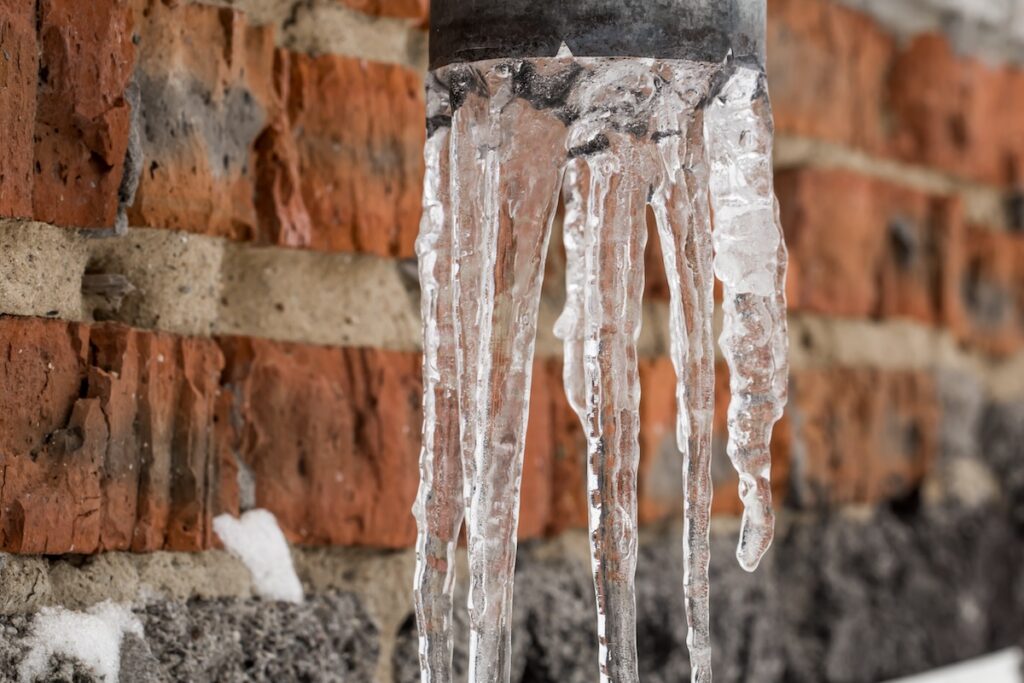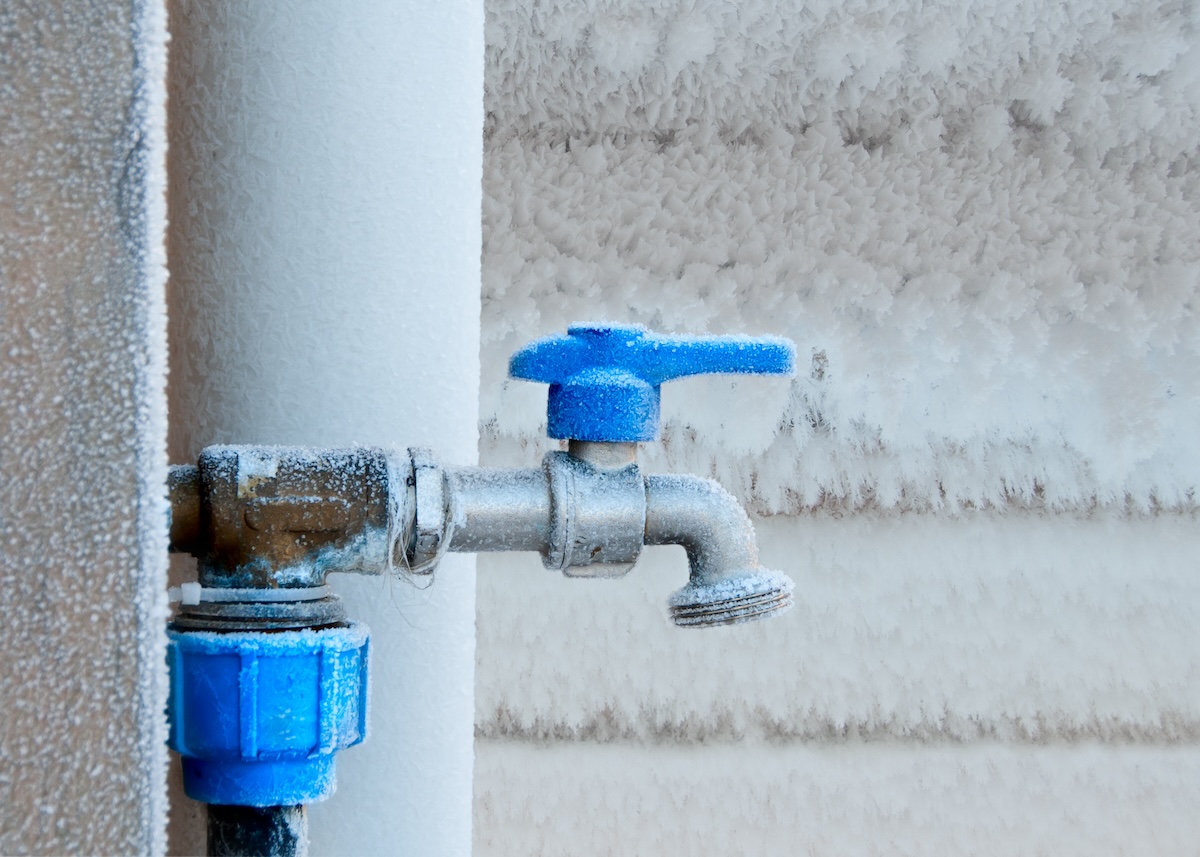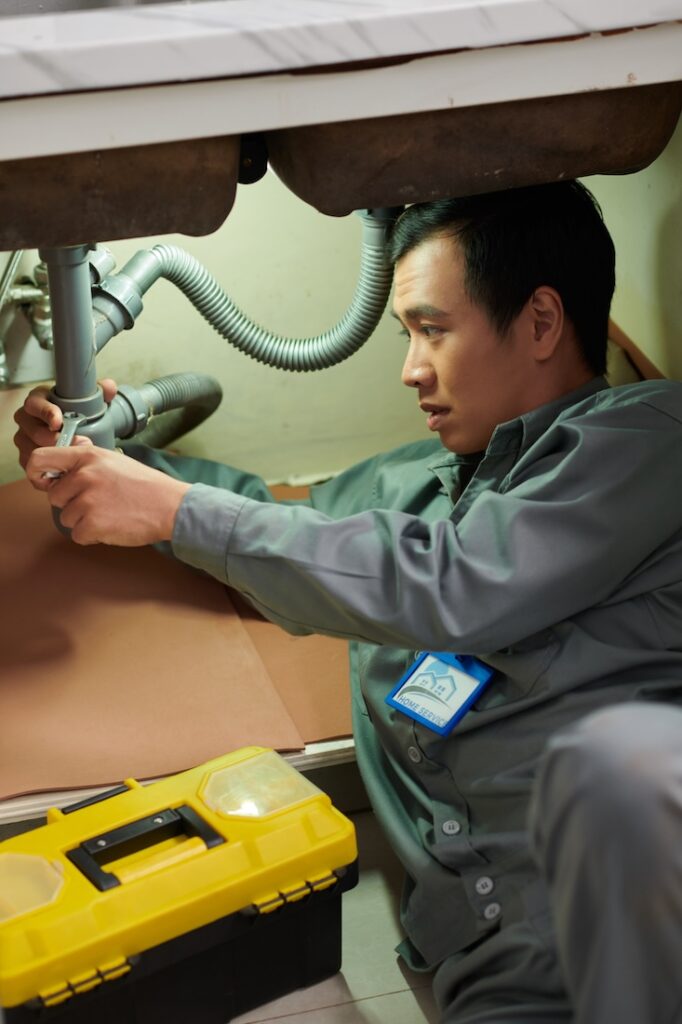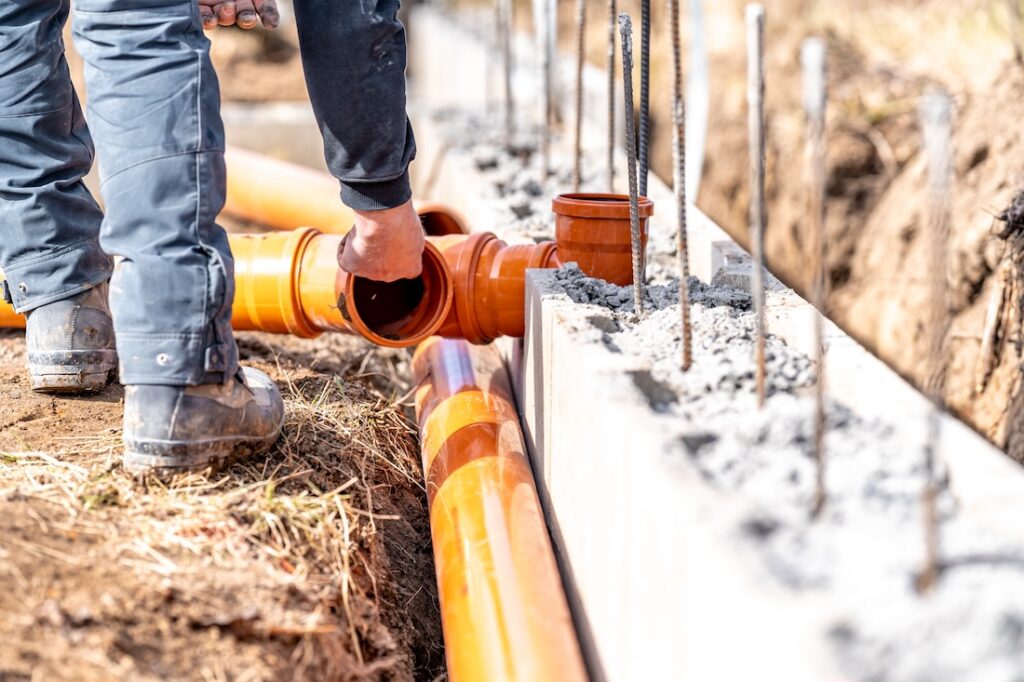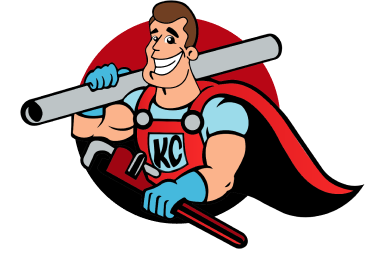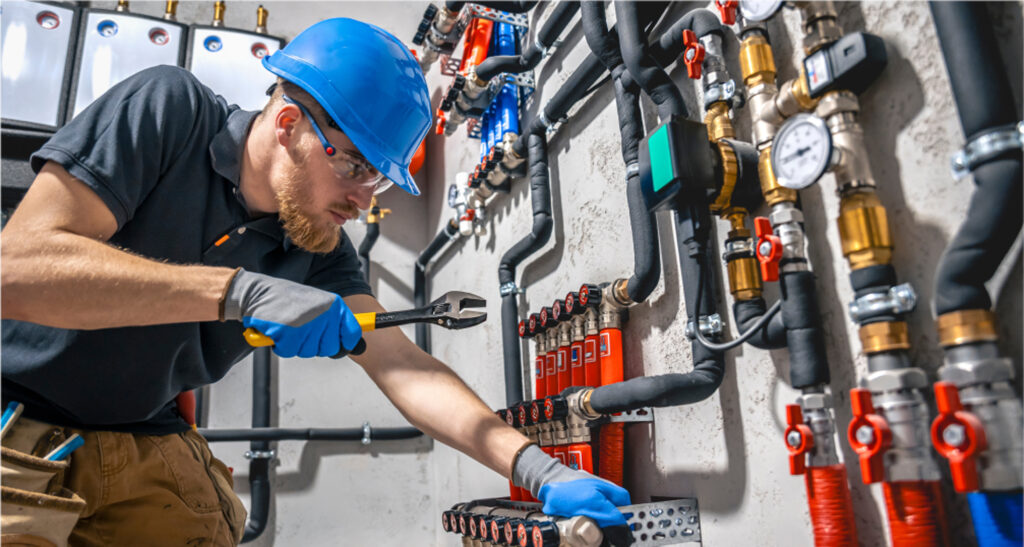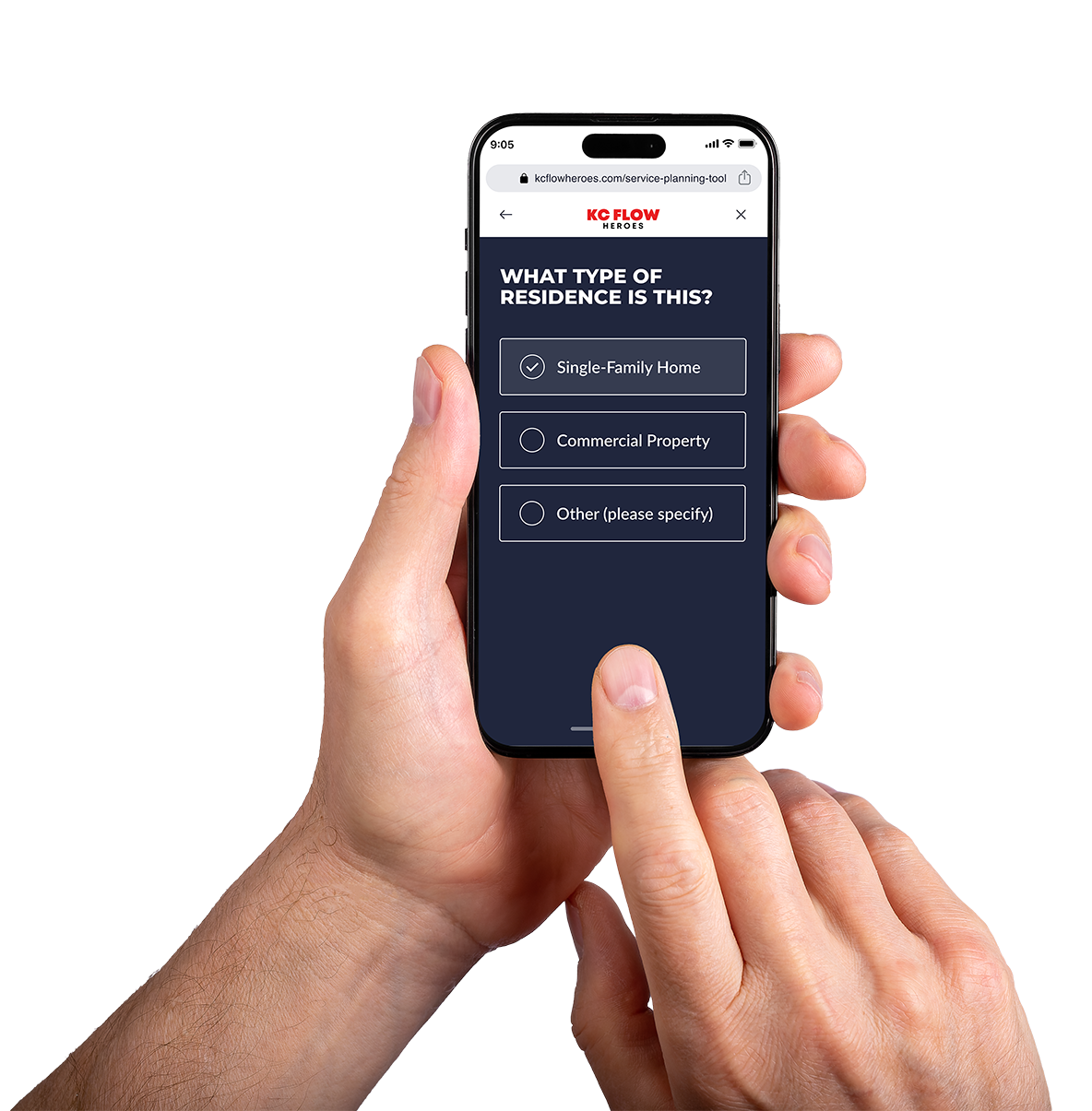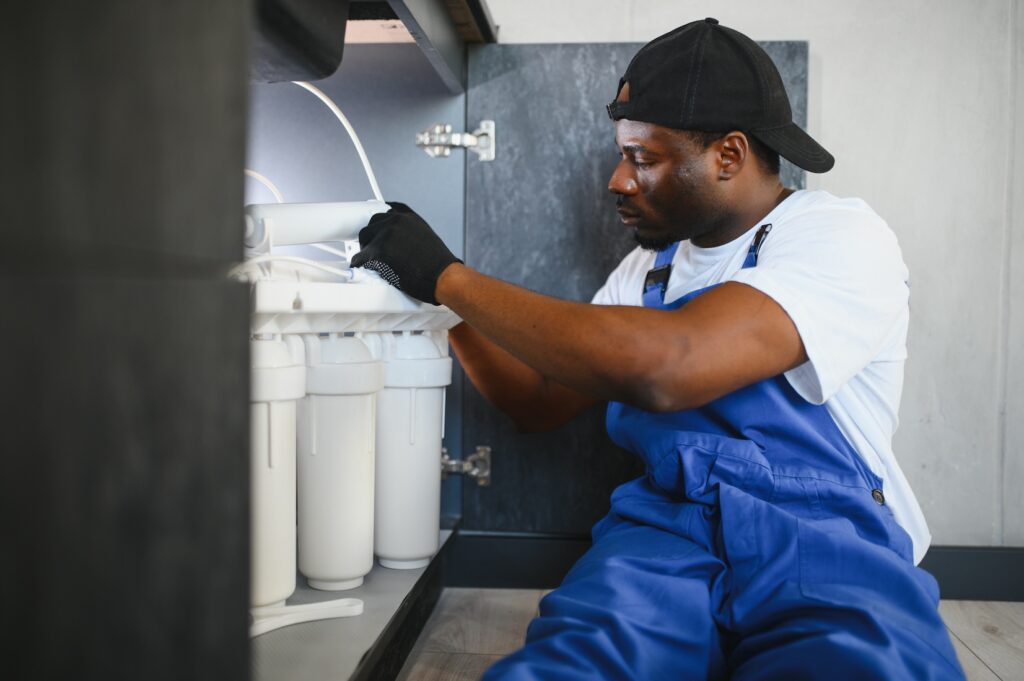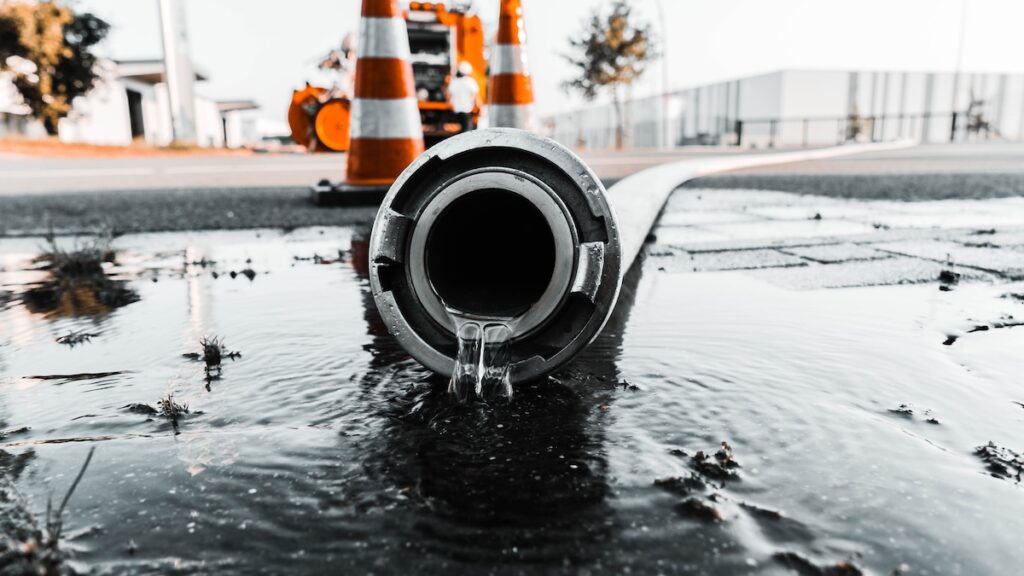Thawing Ice, Fixing Damage
One of the most common plumbing problems during the winter is pipes freezing over. When winter’s wrath threatens your water system, call the KC Flow Heroes! We can assess your pipes and replace them if need be.
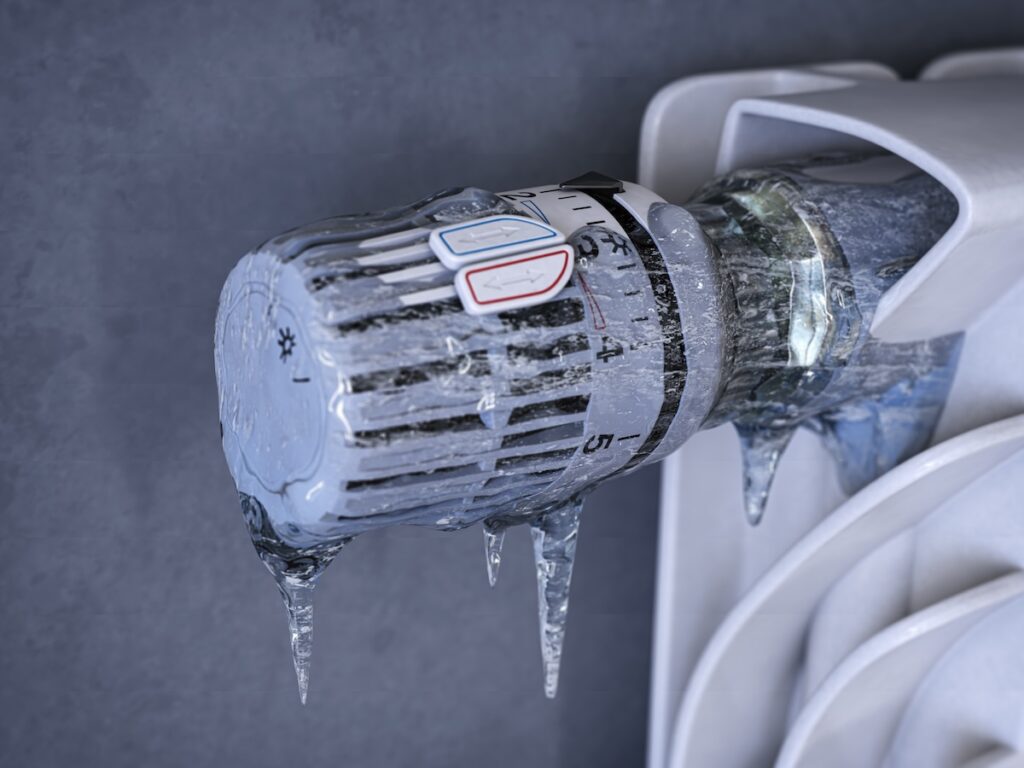
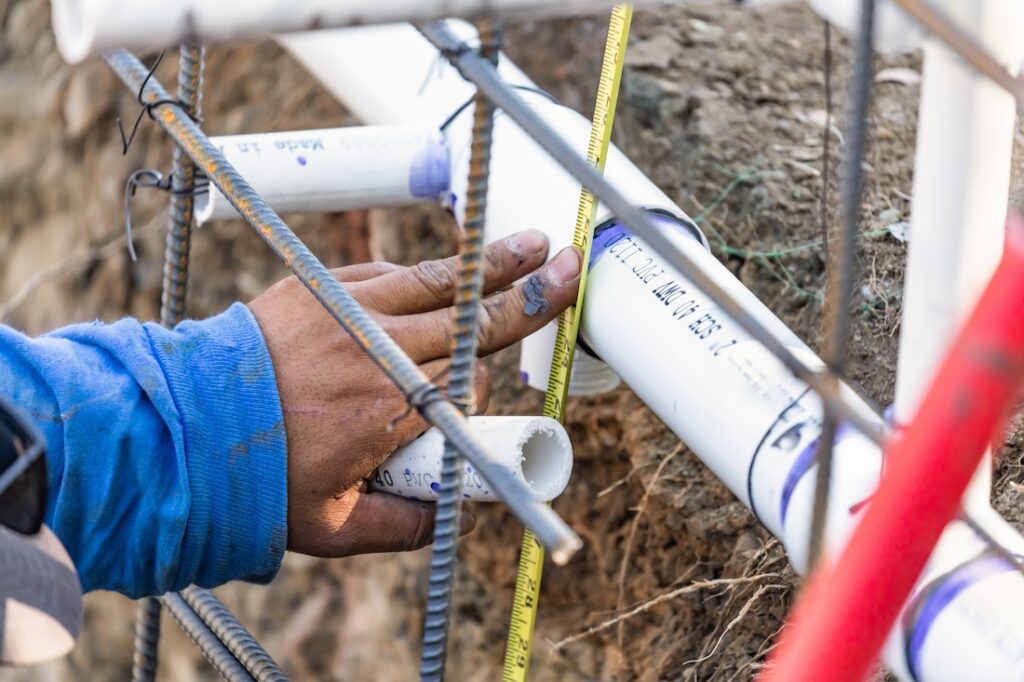
Our Process
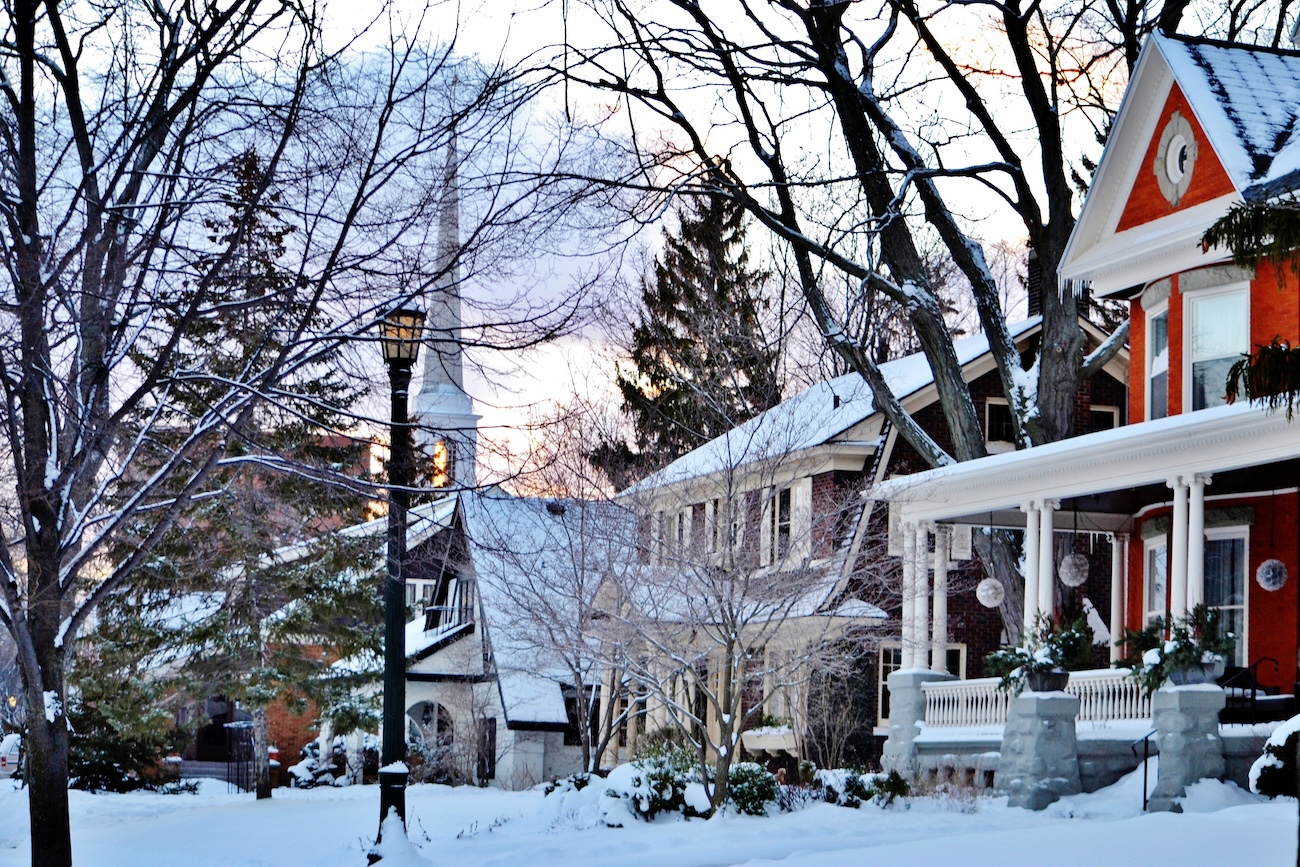
Our Service Area
Most superheroes have home cities that they protect—and we’re no different. Check out the areas we serve to see if we can help you.
- Kansas City
- Overland Park
- Leawood
- Prairie Village
- Independence
- Shawnee
- Lenexa
- Olathe
Related Services
Frequently Asked Questions
Although your water is more protected inside a pipe than outside, low temperatures can cause freezing. Cold days where it’s only 20 degrees fahrenheit or below often turn flowing water to solid ice. Pipes in unheated spaces like attics and basements are more vulnerable to both freezing and breaking. This is particularly true if they’re against exterior walls, right next to the outdoor chill.
Insulation plays a large role in preventing frozen pipes. If your property is not as well-insulated as others, your lines are more likely to ice over. Wind chill can also affect your pipes if they’re in a drafty area like an old crawl space.
It’s not guaranteed that your pipes will rupture. However, you should never assume that your pipes are undamaged when they freeze over. Water expands when it freezes, putting pressure on pipes from the inside out. If they’re made from galvanized copper or your property’s plumbing is on the older side, they have a higher chance of rupturing.
When we examine frozen pipes in Kansas City, we first check your plumbing for risks of rupturing. If we find that your lines are close to breaking, we carefully release the internal pressure before replacing the pipes. This helps keep your property safe from water damage during our repair process. After all, any water that escapes during maintenance is just as likely to freeze as the water in your pipes.
We often receive this question when receiving calls about frozen pipes in Kansas City. The answer depends on whether you can locate the freeze and what methods you have available for thawing it. Electric hair dryers and heating pads can get the job done, but you should never use methods involving open flames.
If you choose to thaw your pipes, keep your faucet open. As you unfreeze your line, the increase in flowing water can help melt the ice even faster. Apply heat until you see that your water flow is restored.
Even after you finish thawing your pipes, you should not assume that your pipes haven’t received any damage. To prevent pipes from breaking after the ice inside expands, we recommend a KC Flow Heroes inspection.
If a cold front is coming your way, prepare by sealing any cracks in your exterior walls and foundation. When cold air leaks in through those little gaps, your risk of frozen pipes goes up.
You can also keep your garage doors closed to protect any pipes in the space from direct exposure to the cold. On the flip side, opening up your cabinets under your sinks can keep those pipes from freezing.
Allowing a trickle of water can also help prevent ice from forming thanks to the constant flow. Combining this trick with extra heat from your thermostat is a great way to keep your water lines safe.
There’s more to fixing a frozen pipe than thawing them, as you may require a replacement or two in your plumbing line. Regardless of the state of your pipes, we always give you customized estimates during our inspections at no extra cost to you.
When we examine frozen pipes in Kansas City, we always check to make sure your property isn’t at risk of a ruptured pipe. If we find a weakness in your water line, a replacement may change the cost of our services. However, we always strive to give you the best price possible.
